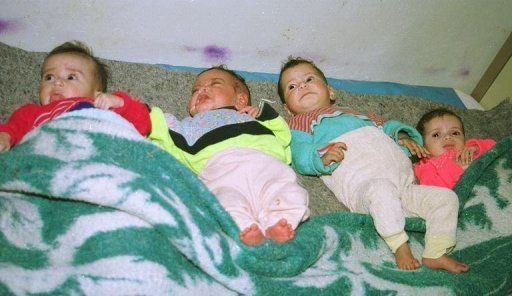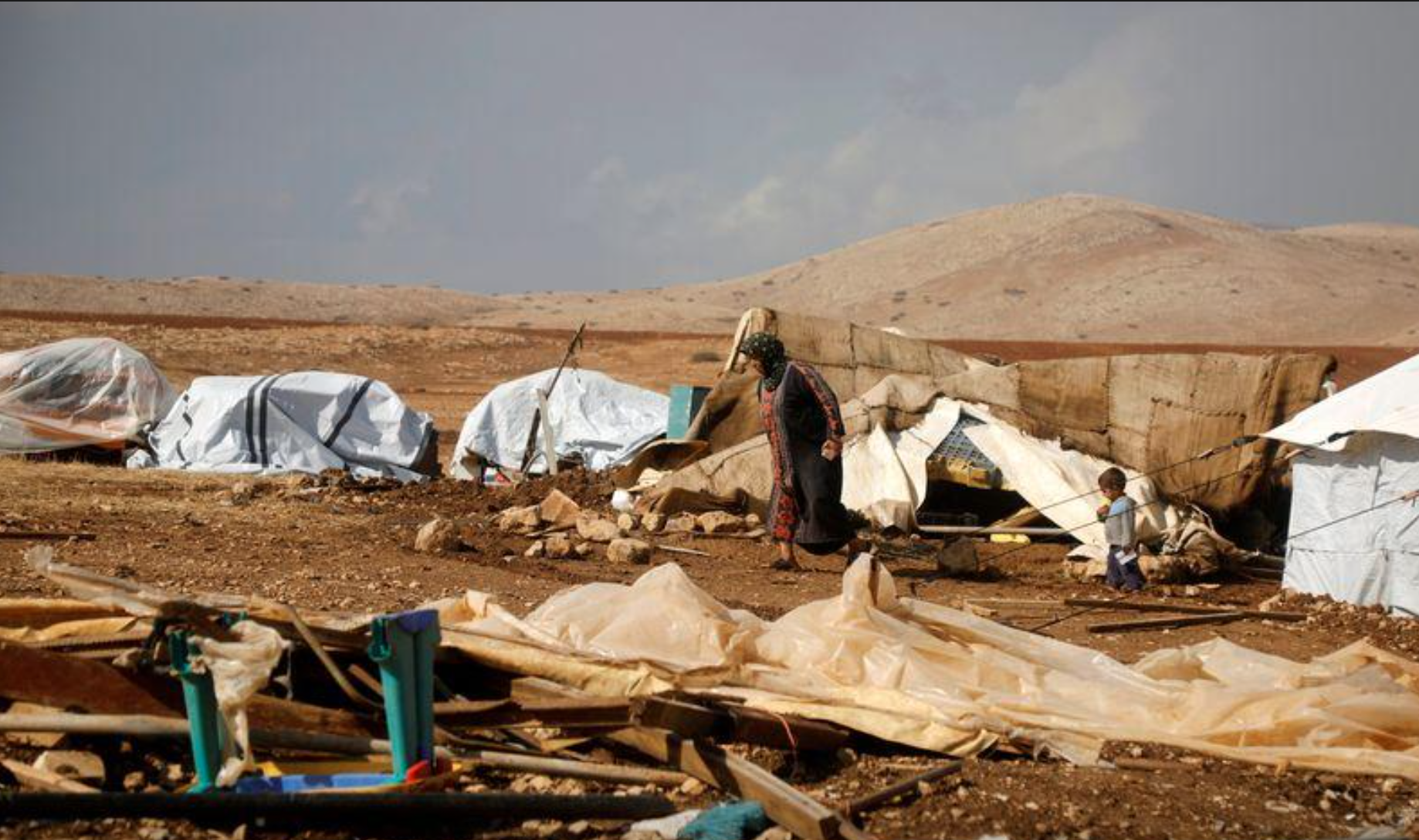Twenty-five homeless orphans in Alexandria will be off the streets and transferred into their own apartments within one week, after agreement was reached at a meeting yesterday between a charity organization, government officials and the orphans themselves.
The meeting came after four straight days of protests staged by disenfranchised young people in Alexandria’s Al-Shalalat Park, which made national headlines this week.
Their battle began one month ago, when about 20 of the orphans went to Alexandria’s City Hall to demand housing. Three weeks ago, eight of them traveled to Cairo to make the same demand at the Ministry of Social Solidarity.
The orphans told Al-Masry Al-Youm that they had been repeatedly promised a response on the part of officials, but had until now received nothing.
Until yesterday, some two dozen orphans could still be seen protesting at Al-Shalalat Park.
“No one listened at first, no one visited us,” said one orphan. “But the media coverage following these protests helped shed some light on our cause, and that seems to have helped us a lot.”
The struggle climaxed at a meeting yesterday between government officials and representatives of charity organization Al-Orwa al-Wothka (it translates literally to the tight knot, it has a very strong Islamic feeling) at the latter’s headquarters in Alexandria, concluding with a document that guarantees housing rights for the orphans.
A number of homeless orphans were also in attendance to voice their grievances, which, according to Ali Ahmed, a student counselor for the charity group, made all the difference.
“The authorities present heard the kids and could see their pain,” said Ahmed. “Hajj Fahmy Ahmed Abu Youssef [Al-Orwa al-Wothka general manager] then told them, ‘I will get you all apartments.'”
The counselor’s comments prompted approving nods from the group of young men gathered around him.
“Hajj Fahmy is a great man,” they said appreciatively. “He helped us enormously.”
“Yesterday, we obtained our rights,” one relieved orphan told Al-Masry al-Youm. “We got a good deal.”
The 25 clearly fatigued but triumphant orphans–all male between 21 and 27 years of age–have been living outside the organization’s walls in the streets, some for as many as ten years.
Ahmed waved the handwritten document laying out the details of yesterday’s meeting.
“The apartments are to be in the orphans’ names, but they are not allowed to sell them,” he explained. “The document prescribes a three-stage plan that will prioritize those most in need.”
Individual contracts for the 25 apartments, all located in Medinat el-Mubarak el-Gadida, are currently being drafted.
The agreement further stipulates that all future orphans leaving the orphanage are to likewise receive housing.
“Gradually, our voices have begun to be heard,” said an emotional Karim, 20, another orphan who, although he still resides in the orphanage, had protested in solidarity with his friends.
While this particular struggle may be resolved, the problem lies with government policy itself, said the orphans.
According to Egyptian law, male orphans, generally housed in centers run by charity organizations such as al-Orwa al-Wothka are ‘kicked out’ if they are not pursuing education at the University level and are over 18 years of age. In 2007, Minister of Social Solidarity Ali El-Moselhi ordered that women could remain at orphanages until they were married.
The orphans are demanding that the policy be changed for everybody and that the government and law be differentiated when it comes to their rights.
“This is an orphanage. The government shouldn’t govern it. It should be from charity,” said Islam, 20. “It’s ludicrous that a law should exist that puts kids out on the street.”
Ramadan, 25, is one of the orphans slated to receive an apartment within the week. When asked how he felt about the fact that he would at last have his own home, a shadow cast over his eyes. He seemed to be remembering dark and, perhaps, scary times in the past.
“It is better than dying in the street,” he said.
EgyptFeatures/Interviews




